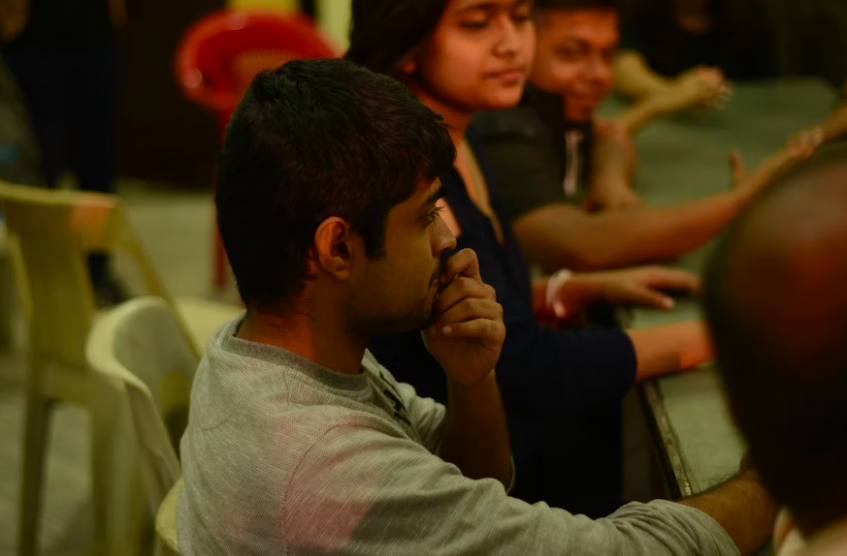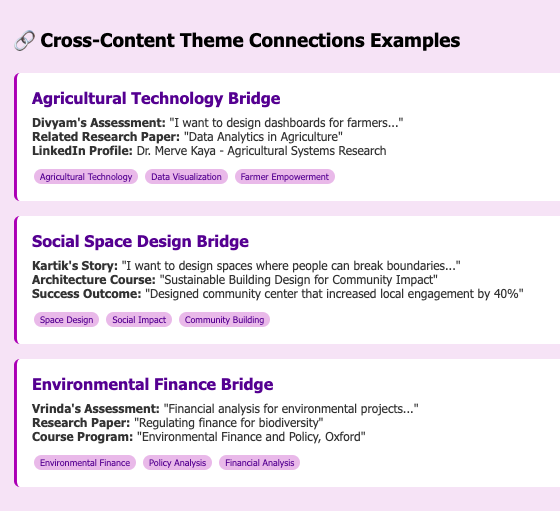How should I select career stream, or the college after my school—common questions
- career choices
- September 14, 2025
Which subjects or colleges to select after school
A lot of parents and the students who are in grade 10 or sometimes in the grade 12 students have a few very common questions about selecting their career stream, subjects, and the college.
Question by parents: We both work in software technology and we are enjoying a stable career. Our daughter is in grade 10 but she does not have a clear preference for career path, subjects or the college. We have a slight preference for a career in technology but are not able to decide. What should we do?
Answer: We are not surprised to see that a family of software engineers see a good career in software for their kids as well, and it happens in many other professions too. Since your daughter does not have a preference, it is a good sign which means that you are flexible to consider different options and their merits and demerits. See this detailed conversation with such a family and it answers some of your basic questions.
Question: I want to learn coding as I loved Python in my school. I think there is a lot of scope in coding even with AI, but I am not sure of career options.
Answer: It is a good sign that you know what you want to learn. But the more important question is—what will you do after you learn coding and Python?
For example, you want to build apps for consumer’s shopping, or maps, or climate apps, or digital libraries, or some new payment methods, or marketplace for students, or a mental health services marketplace, or a product for trading?

The same student: For example?
Answer: Try to figure out that desire or dream first. If you want to make dashboards in climate to save oceans and forests, you should plan to study those subjects that help you understand that industry first—policy, operations, compliance, and agencies who are working in these industries.
In parallel, build your coding skills (because you are interested in learning programming so you can easily do it as building additional skill)—it will help you learn how to apply your programming skills in that industry. Isn’t that a more beautiful feeling when you know that you are doing what you wanted to do, in specific industry, and by applying the skills that you wanted to learn?

Question by a student: I want to study Psychology, and I want to work in mental health, either some consultancy or business, or I don’t have many ideas of its career.
Answer: Interesting, and this is such a good sign that you have some preference for what you want to study in college. Did you think what exactly you want to do in this category. For example:
- Do you want to do actual counselling (in person or online), by speaking to people and helping them?
- Do research for the causes of mental health
- Or design tech products in mental health?
- Or to help mental health researchers or counsellors to provide better services?
- Or to design reports and dashboards for counsellors so that they can make more accurate services/reports/guidance?
Also, there are a variety of skills that you can apply to work for different goals and reaons in each of these fields. See students’ career options who want to study and work in mental health for more details.
We often see it in Chandigarh, Mumbai, Gurugram, Pune, Jaipur, Shimla, and other parts of India where the students and their families who seek career guidance and counselling services asking common questions about selecting career stream, subjects, and the college.
- I am not sure if science or library science is a good option for our kid.
- Does it suit their personality and their aspiration in life?
What will she do after studying Culinary from this university? - Ah, architecture? I know a few architects who have been just surviving for a long time—it does not have a great scope.
- Isn’t AI already posing new employment challenges in home caregiving cycle?
- Does trading and analysis have future, even in big consultancy corporations?
- My girl wants to study car dashboards—does it have enough scope in the future?
- What kind of career graph will they have in DNA research?
- If she actually goes to study forest fires for on-field experience, I will be highly concerned about their safety.
- I am not sure our son has the right temperament for being a forest officer.
- Wildlife conservation policy making? Does the government have enough positions for such roles in the future?
- Medical science is getting so automated, and so very competitive; I am not sure this is the right choice.
We see many students who say that they never thought of their career or college in this way—and this self-exploration and deep thinking is new to them. This is certainly a sign of win for us—to build their capacity to think, to plan, and to explore and say what they never actually say even in their family or to their friends.
We have a free trial for you if you want to be on Steering for a trial.
We have a free trial for you.
Our analysis structure in the free plan helps you in thinking deeply about your life-dreams, aspirations, wishes, and in connecting the dots for what you want to do, what skills you should learn, how to apply those skills in real life work, and what brings joy in your life when you grow up.
Steering is open for private access at present. You can take the free trial to get started.